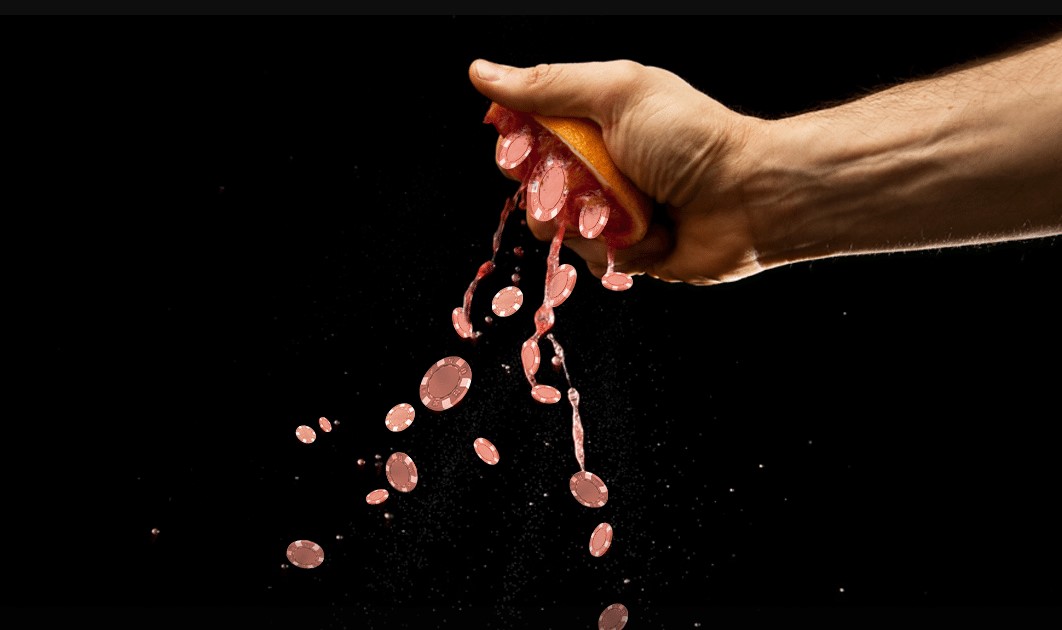

How to become a professional poker player: tips for success | GUIDE P3

Although it is very much associated with
glamour, the life of a professional poker player comes with a number of
responsibilities that you should be sure you can handle before you dive
right into becoming a professional poker player.
Like everything else, learning to play
professional poker and becoming a well-known figure in the poker game has a
number of advantages that amateur players lack, but there are also a number
of weaknesses that you need to be aware of in order to know exactly what it
entails to know how to play professional poker.
In this article we are going to take a look at
the advantages and disadvantages of knowing how to be a poker pro. In addition,
we are going to give you a series of tips to make learning how to play
professional poker more bearable and to know everything that is involved in
this path to specialization.
Advantages of being a
professional poker player
The possibility of choosing your own schedule
is one of the main attractions for those who want to learn to play professional
poker. However, if you want to know how to be a quality professional poker
player you will soon realize that you need to be disciplined and set
yourself workable routines to maintain a consistent schedule.
Also keep in mind that knowing how to play
professional poker allows you to be more in touch with what you love. Of
course, poker will go from being a hobby to a profession and it is vital
that you understand the change that this entails.
Becoming a professional will allow you to have
a recurring income, especially if you play cash games. Since learning to play
professional poker is something that can earn you a lot of money in the future,
many people choose to try to take shortcuts and this does not work. If you
are patient, the results will come on their own and you will end up being a
great poker player.
If we stop to think about reputation, keep in
mind that knowing how to play professional poker will give you a projection
that until now you probably did not know. The question of personal
management is directed not only to the training aspect, but also to the
fact that you must know how to be a disciplined professional poker player and
not get carried away by the fame that can give you to play high-level games. Of
course, well managed, this projection can play in your favor and give you
access to new events, being able to improve your game.
Think about something else: here it is not age
that matters, but intellect. Experience is a plus that can help you figure out
how to become a successful professional poker player, and if you keep your
motivation high, you will know how to be a poker pro no matter how old you are.
This also allows you to have greater freedom of decision, working on
multiple facets at your leisure. As being a poker professional is something
that is achieved over time, you just have to dedicate yourself to what you love
the most to become a more and more complete poker player.
Disadvantages of being a professional
poker player
Not everything is rosy, and knowing how to
become a professional poker player is also knowing the risks involved in taking
a path that requires an enormous capacity for individual sacrifice.
For example, one of the black points of
professional poker is that it is exhausting. Mentally it can end up being
exhausting, especially in bad streaks. That's why knowing how to manage
problems is knowing how to be a professional poker player. Mental toughness is
a prerequisite to be a professional poker player, and you can get worn out even
earlier than expected.
This has a lot to do with variance, and you
have to assume that you are likely to have very long losing streaks. Knowing
how to be a professional poker player means knowing the price of defeat and
getting used to it periodically. Not even the best players in the world have
managed to avoid defeat at some point in their careers, so assume that
you're going to lose too.
On a personal level, this dedication can
provoke conflicts and even the outright rejection of your closest family
members to take the path of poker as a profession. Keep in mind that knowing
how to be a poker professional is not a guarantee of victory or success,
and many of these dissenting voices may cause you to doubt your true purpose.
Watch out for social isolation: one of the
consequences of knowing how to be a professional poker player is that, little
by little, you can reduce your circle of friends. This has no advantage,
although you may think that extreme dedication will teach you how to become an
unbeatable professional poker player. It is a mistake to think this way and
you must give your mind a break so as not to fall into absolute exhaustion.
If you are wondering how you can learn to play
professional poker in a way that does not isolate you from everything, we come
back to the same question: discipline is the key to everything, the one that
will allow you to apply yourself in your sessions with poker games and the one
that will urge you to disconnect after a marathon day. One of the main
disadvantages is that dedicating yourself professionally to poker often implies
adopting a sedentary, unstable and unpredictable lifestyle.
If you want to know how to be a professional poker player and avoid these problems, you must rationalize your time and dedicate a moment to your mental and physical care, in addition to using some activities for the mind to disconnect. But keep in mind one thing: neither an exaggerated intensity will lead you to success sooner, nor a leisurely pace will slow you down. You can set your own pace, and only you can choose how you learn to play professional poker. There is nothing written about the intensity and speed of learning, so it's okay if you start slowly: you will adapt your playing days as you go along.
More of this Guide:
You may also like

Texas Hold'em Basic Guide P5: How to play from the dealer in Texas Hold'em Poker
If there is an emblematic position in a Texas Hold'em game, that is undoubtedly the dealer. Located just before the blinds, his popularity comes from being the last one to speak during the games, b...

Poker Variance Part 2: its influence on cash games
After the introduction to variance in poker in the first part dedicated to this curious and -for many- mysterious factor, we are going to continue talking about variance, this time focusing on the...

What is the squeeze in poker?
The more information we have about poker, the easier it is to know how to develop a play and have more chances to beat the opponents. But knowledge is not the only thing we have to learn to put int...












